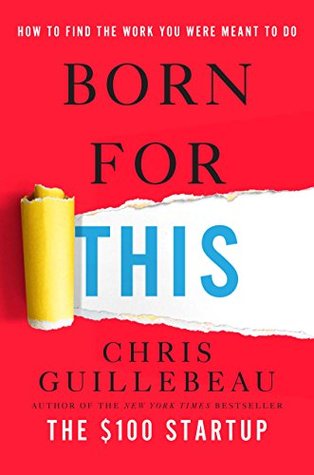More on this book
Community
Kindle Notes & Highlights
Read between
January 11 - November 18, 2018
If you find yourself trapped for the foreseeable future, you have two obvious options: settle or make a trade-off.
Finding the work you were meant to do is rarely a linear journey. It’s a process of exploring many little twists and turns that lead us to the place we ultimately belong.
“script” I mean any expectation or assumption about how we should act.
Despite our differences, most of us want a balanced life full of work that brings happiness and prosperity. As much as possible, we want to do something we enjoy. We want to put our skills to good use. And ideally, we don’t want to face a false choice between love or money—we’d like to do what we love and be well compensated for it.
there’s an important distinction between the content of your job or career (the kind of work you do) and the working conditions (how you do it).
There are a few factors to consider as you plan your ideal working conditions: schedule, social environment, reporting and accountability, collaboration, and deliverables.
Identify the hazards.
The next time you take on a potentially risky gambit or endeavor, sit down and sketch out your own “if-then” equation. Remember, there can always be a backup plan. If plan A fails, you have 25 letters left.
1. Make a list of things you do well. Create an inventory of all the things you know how to do. This list can include:
2. Write down at least one thing you hate doing and aren’t good at.
Your greatest weakness will probably never become a strength, especially if it’s not something you care about improving.
1. Improve your writing and speaking ability.
To improve your writing, remember that all writing is essentially persuasive. Make sure your writing contains a call to action. Ask yourself, “What do I want people to do after reading this?
No matter what type of work you do, being able to craft a cogent argument is key. The lessons for both writing and speaking are: be persuasive, be interesting, be confident, and get other people on your side.
Learn to negotiate.
3. Improve your ability to follow through and follow up.
4. Become comfortable with useful technology.
when you’re not sure what your “thing” is—when you don’t know quite where to look to find that job or career that brings you joy, flow, and a good income—the people you talk to every day can help you find it.
List five problems you’ve been able to solve for someone.
Create a short description and an offer for your session.


